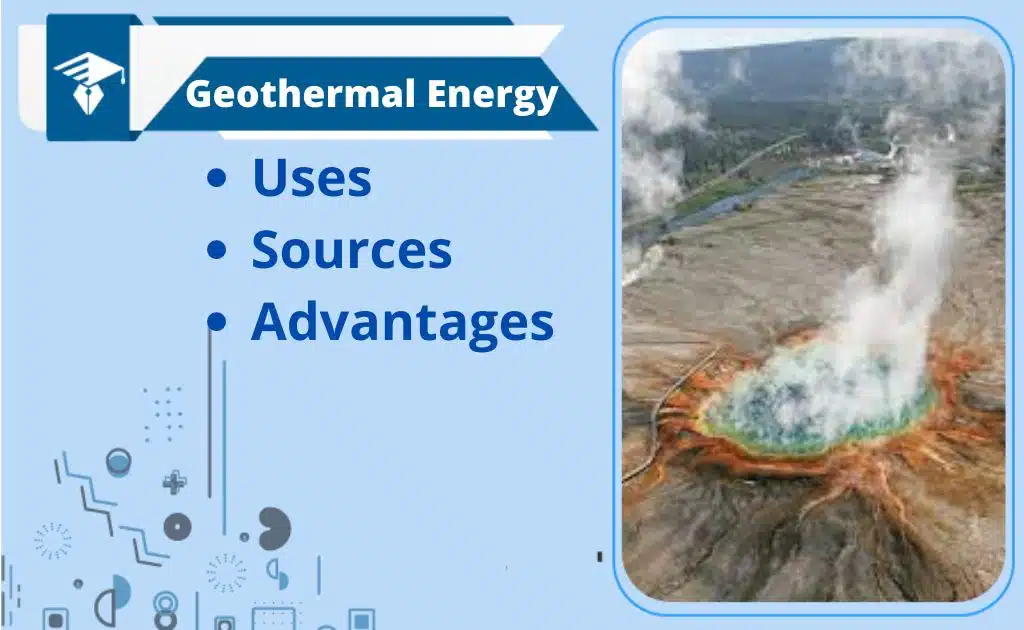What is Energy Dissipation?-Definition, And Examples
Energy dissipation is a term that is used to describe ways in which energy is wasted. It is said that wasted energy is lost to the surroundings because it isn’t transferred to useful energy stores.
What is energy dissipation?
The result of an irreversible process that takes place in a group of similar systems is called energy dissipation. In a dissipative process, energy is converted from an initial form to a final form, where the capacity of the final form to do thermodynamic work is less than that of the initial form. The transfer of internal energy from a hotter body to a colder one is called heat transfer and is dissipative. The second law of thermodynamics states that the entropy never decreases in an isolated system even though the capacity of the combination of the two bodies to do work is reduced.
The process of thermodynamic dissipative processes is irreversible. The rate at which they produce entropy is a finite rate. The local density of rate of entropy production times local temperature gives the local density of dissipated power in a process in which the temperature is continuously defined. A dissipative process requires a collection of individual Hamiltonian descriptions, exactly which one describes the particular occurrence of the process of interest being unknown. This includes all the forces that result in the conversion of coherent or directed energy into an indirect or more isotropic distribution of energy.
Energy Dissipation Examples
There are many examples of energy dissipation. some of them are described below.
In hydraulic engineering
Dissipation is the process of converting the mechanical energy of water into thermal and acoustical energy. Various devices are designed in stream beds to reduce the erosive potential of flowing waters on banks and river bottoms. Most of the time, these devices look like small waterfalls or cascades, where water flows vertically or over riprap to lose some of its energy.
Irreversible processes
Important examples of irreversible processes are:
- Heat flow through a thermal resistance
- Fluid flow through a flow resistance
- Diffusion
- Chemical reactions
Waves or oscillations
Waves lose energy over time from a variety of sources. In some cases, the lost energy raises the temperature of the system. A wave that loses its strength is said to disappear. The exact nature of the effects depends on the wave’s nature, for instance, an atmospheric wave may be close to the surface due to land mass and radiative cooling.







Leave a Reply